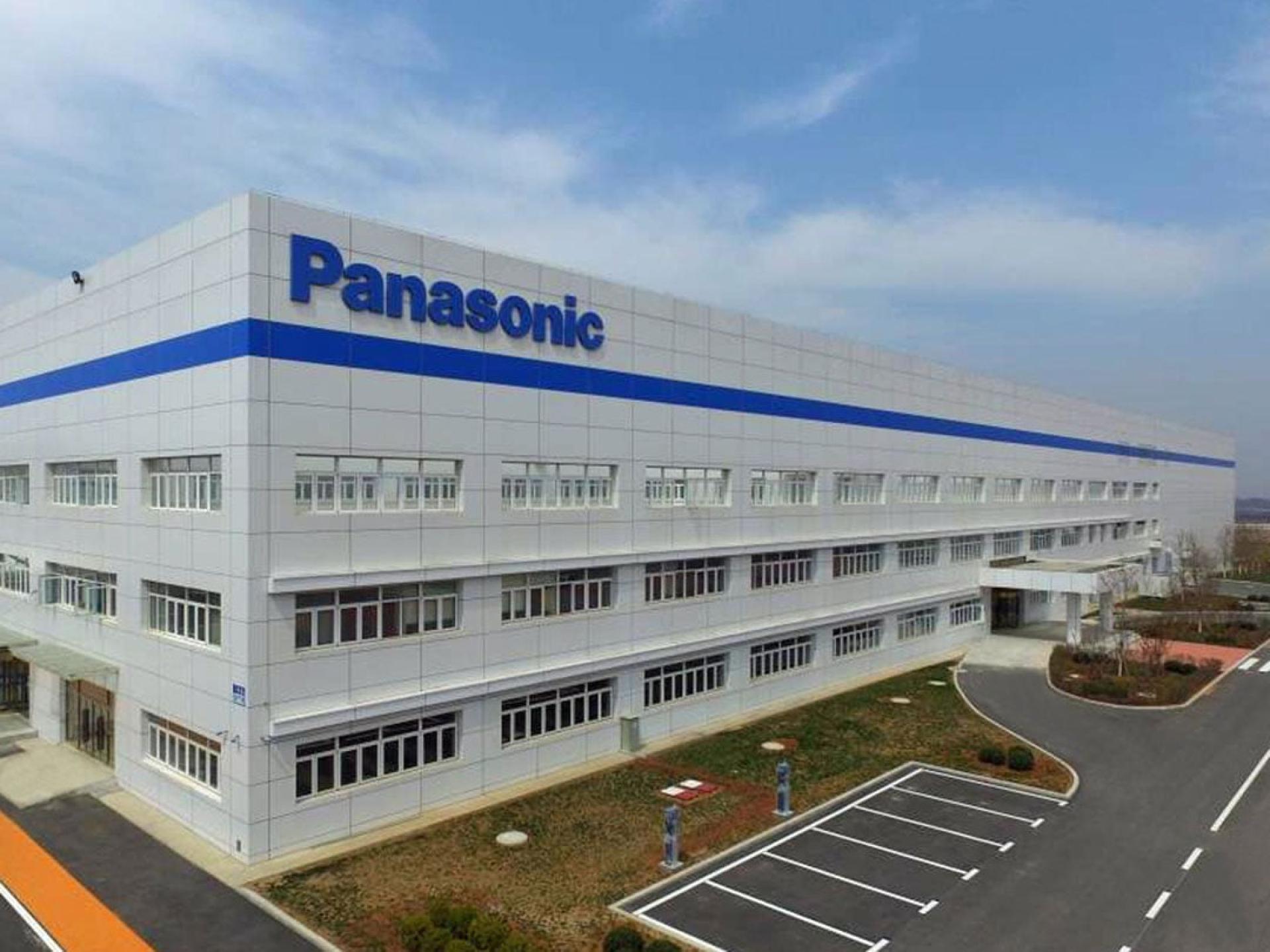According to Japanese media reports, as industrial competition in China gets caught in intense 'involution', local Japanese companies have instead begun to make use of this 'involution' to boost their product competitiveness. For instance, some large Japanese enterprises have identified up to 6,000 Chinese suppliers from within this 'involution', thus sourcing highly cost-competitive components.
According to Nikkei Chinese, although China’s 'involution' may worsen the operational climate for Japanese firms in China, some have started to adopt a 'survival of the fittest' approach, thinking in reverse. This new perspective is to capitalize on China’s competitive environment, thereby enhancing the global competitiveness of sectors in Japan that once exited or scaled down.
The report describes how, in the past, Chinese businesses had been relying on Japanese companies’ technological strengths to grow their operations. However, going forward, to maintain international competitiveness, Japanese companies also need to 'reverse utilize' the Chinese firms’ tenacity and ingenuity, flexibly applying the Chinese 'involution' way of thinking.
According to the report, Panasonic has gradually shifted part of its division responsible for screening global component suppliers from its headquarters in Osaka, Japan, to its Shanghai factory.
The report mentions that the Panasonic Shanghai factory has discovered, amid the 'involution,' around 6,000 outstanding Chinese companies. These firms will provide cost-competitive components to Panasonic’s global group companies.
Panasonic’s General Representative for China and Northeast Asia, Tetsuro Honma, stated that while parts used to be imported from Japan and distributed to their Chinese manufacturing bases, now the 'flow of components has reversed.'
Tan Ke, the head of Panasonic Group’s automatic door business (including platform screen doors at metro stations), commented that components procured in China are currently 30% to 50% cheaper than those in Japan, which has enabled Panasonic's automatic door business to win 21 orders in 12 cities across 10 countries, ranking 7th to 8th globally in 2024. He stated that the company aims to reach top 3 in the global rankings by 2030.
